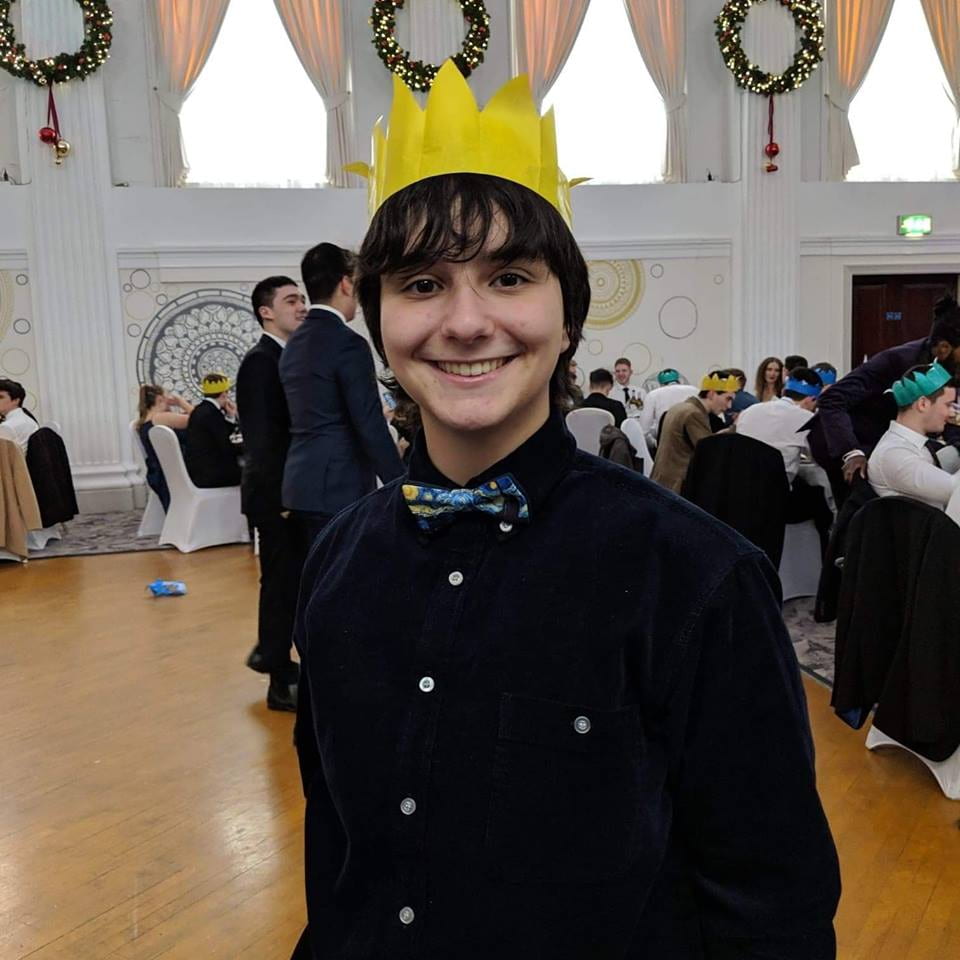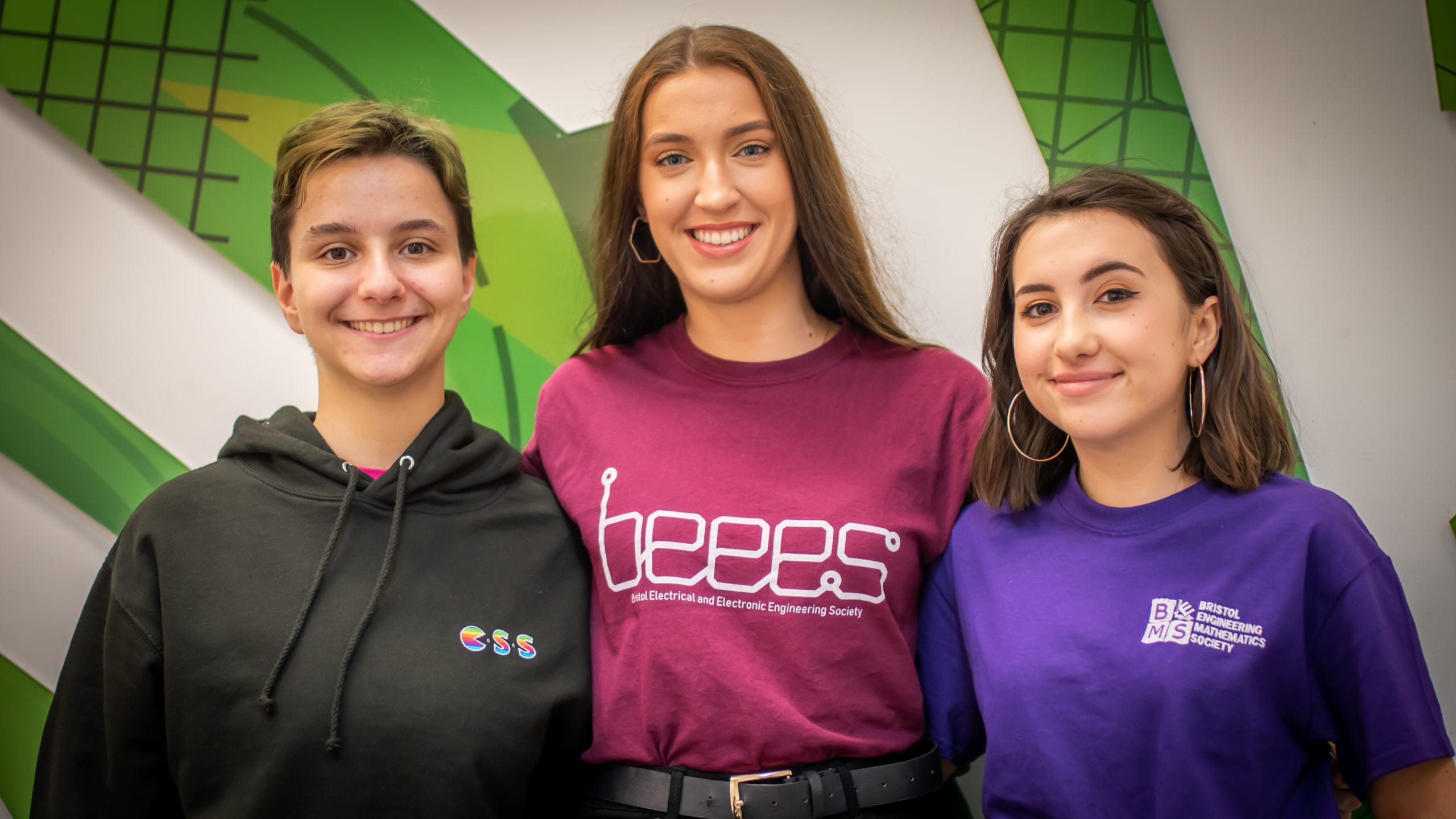Computer Science Society
Societies give students the chance to be creative and get to know their classmates outside of lectures. They’re a great way to make friends and get insider knowledge of your subject from those in the years above yours. Each society is run by committee and elections each year encourage new people to get involved.
We spoke to Theano Xirouchaki, the outgoing president of the Computer Science Society.
What motivated you to run for president?
More society blogs
I was already on the committee in my second year, but I wanted to be more involved, help the society grow and put on even more, even better events. I love the community in our department, and I wanted to give back to it.
What events does the society organise?

What has been the highlight of your year?
More information
The highlight of the year for me was our Christmas ball. It was wonderful collaborating with the Electrical Engineering Society and seeing everyone happy and dressed up in a beautiful environment. We secured twice as many sponsors as the previous year. The extra funding meant we could buy board games and coffee for our coffee morning.
What skills have you developed during your time as president?
I’ve improved my communication skills and realised plans don’t always work out. As well as accepting that mistakes are things to learn from and being flexible with delegating, I now understand how important it is that every member of a team is on the same page and feels appreciated. I have developed my leadership and organisational skills and met many interesting people along the way.
What would you say to anyone thinking about becoming a committee member?
Please, please go for it! You’ll learn new skills and make friends, realise things about yourself, and contribute to the community you are part of. Let’s break the stereotype that engineers are anti-social. I often hear great ideas from people, and I wish more students were willing to step up and make them a reality. You can create change, one step at a time!


